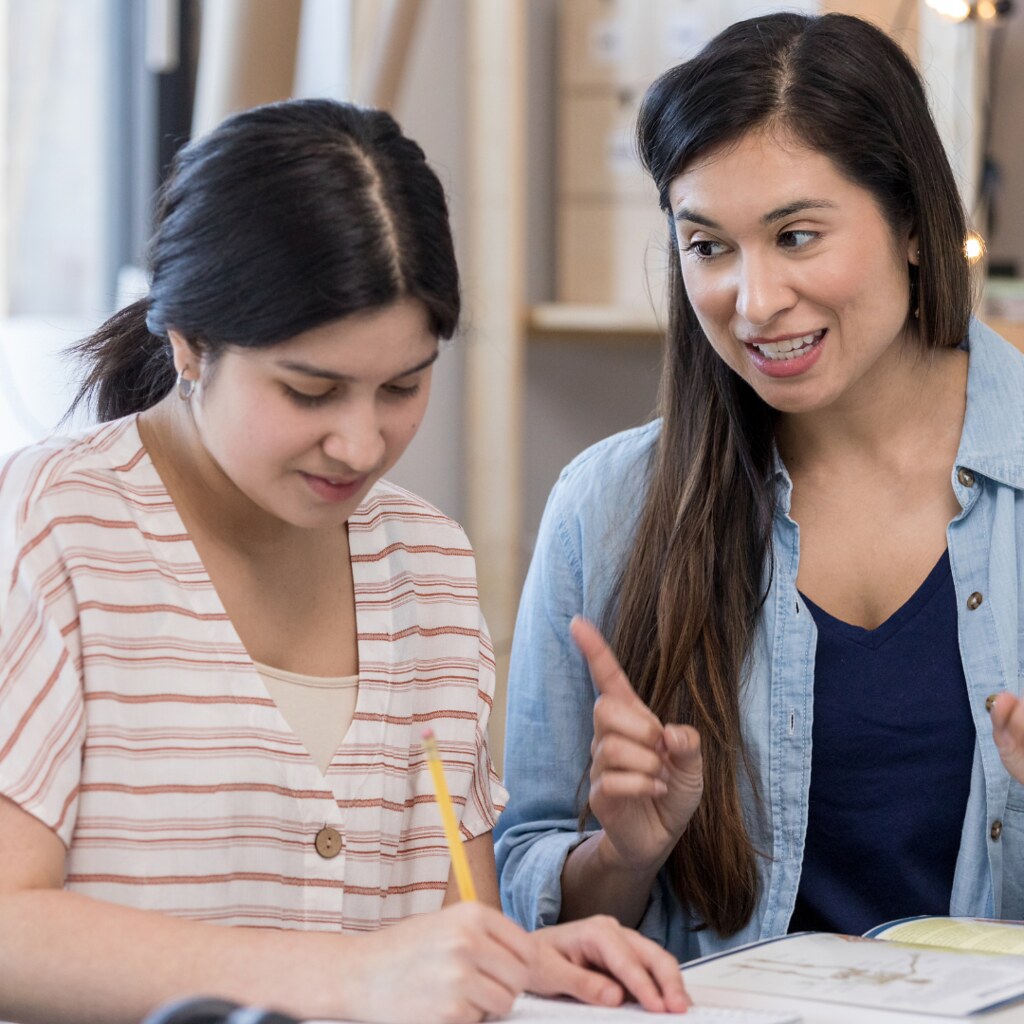Gospel-led teachers are solving MK challenges in South Asia
By Tim Allan | South Asia

A crying need for a good education for mission worker children is driving an innovative solution in a South Asian country. After the closure of a longstanding mission school, the gospel workers in the country were struggling to see how their children could be educated.
They had battled with home schooling in several locations and done their best to link children of the same age across the country. But, in truth, there were no good solutions and families faced the real possibility of having to leave.
That was when God put Paul Farmer* and his wife Janet* in touch with the country’s leadership team.
Both Paul and Janet are teachers and had for many years been thinking about where they could put their skills and gifts to best use in the service of God’s Kingdom.
Paul, who is seconded to SIM, says: “We had worked overseas in a Christian school before but had then returned to the US and taught in public schools there. “But God had very much put on our hearts a desire to serve among Muslim people and we had been exploring that with another agency.
“That was when we met the leadership team here and almost from the first contact we felt this was the place to be.” After a vision trip and several months of conversation, Paul and his wife moved to South Asia and set up their education business.
They are careful not to call it a school, although it very much provides high-quality education. The model they use involves three weeks of remote learning, followed by a residential week, during which all the children learn together.
There are 20 children in total – seven in the age range 5-11 and another 13 older ones up to age 17. Most of the children live in the city where they meet but those who come from further afield stay with friends. Paul would love to be able to offer guest-house type accommodation but that is something for the future.
He says: “The children really enjoy the week together. Besides the fun of learning together, they also get to hang out as a group and we organise some social activities. We also make sure that we have some good conversations about the Bible, with time set aside for reading and discussing various passages.”
Paul’s venture offers high-quality education, although they are not yet accredited officially. For workers who come from low-resource countries, the education may be significantly better than they can access in their home context.
Paul says: “The model we have is widely used across Asia, with similar set-ups in places like Vietnam and Laos. It is super-flexible, which makes it perfect for settings like this.
“We are amazed at how God has opened the doors for this whole venture, allowing us to use equipment from a school which had to close down, providing a local worker who is part security guard, part bus driver, part maintenance man, and providing our expat workers with visas.
“God has been answering our prayers in amazing ways and the parents are very happy with what we are providing. We really pray this will encourage new workers to come to this part of the world, and allow existing workers to stay longer.”
The centre only takes children who have at least one expat parent and the vast majority are from mission worker families. The ultimate goal is to have around 30 children but that will depend on recruitment of staff. They offer education in three subjects – maths, English and science.
Paul, who is a maths teacher by profession, shares some of the science teaching with another colleague, while Janet takes English classes and some history.
The vision is to build long-term sustainability but that will depend on recruiting the right teachers, who have a heart for sharing the gospel in a Muslim country.
If that sounds like you, email international.communication@sim.org and we will connect you with the team so you can find out more.
*Names changed
PLEASE PRAY
-
For God to raise up more workers for this vital ministry, enabling mission families to stay in place for longer
-
For Paul and Janet and their children as they serve in a place which has many challenges, but also many joys
-
For the model they are using to be replicated in other places and contexts
Related stories

Seven dental therapists graduate in Liberia, marking a milestone for dental care
Just three hours outside Monrovia, seven dedicated students, beaming with pride, celebrated their graduation alongside their teacher, Dr. Simon Stretton-Downes OBE. They are: Matilda, Archie, Daniel, Charles, Ellen, Rebecca and Vestee. After two years of hard work and collaboration, they received their Dental Therapy Practitioner diplomas from Cuttington University in Liberia. This is a significant milestone, marking a life-changing step for these students as they begin their new careers and a pivotal achievement for the country.



